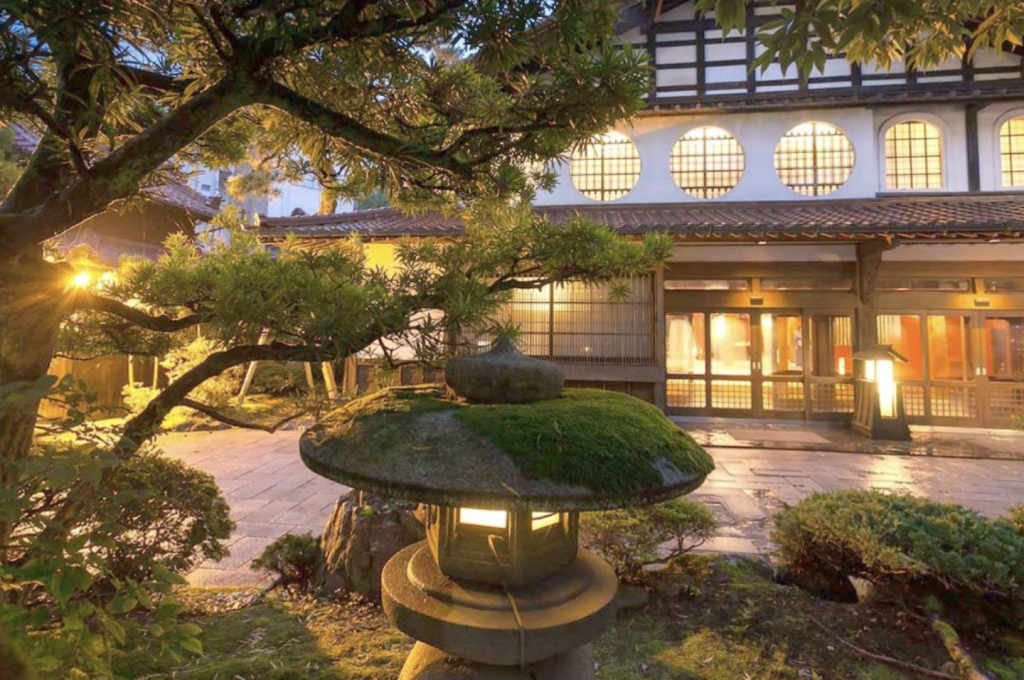What’s the typical lifespan of new companies nowadays?
Across all industries worldwide, only 10% of start-ups manage to survive. Among the 90% that fail, at least 20% do so within their first year, and 50% within the first five years.
But what’s the lifespan of the oldest companies in history?
1440 years.
More than a dozen 1000-year-old companies are still operational in the world. Most of them are in food, beverage, textile, religious products and construction businesses. Remarkably, half of them, including the top five oldest companies, are in Japan.
This raises the question: why 90% of new businesses fail within a few years while others can thrive for over 1000 years? What attributes have allowed them withstand the test of time and flourish? What is their magic formula? To understand this, let’s examine Hoshi Ryokan, the third oldest hotel in Japan.
Hoshi Ryokan was established at the hill of the sacred Hakusan mountain in 718 AD, over 1300 years ago. A great Buddhist monk named Taicho discovered the natural healing capability of the local hot spring. Many people subsequently traveled long distance to come here and seek a cure for their illness. Taicho then built a lodge to serve these travelers. That was the origin of Hoshi Ryokan. Before he passed away, Taicho asked his followers to continue offering services to travelers while practicing Buddhism.
Today, the hotel has 100 rooms, housed inside of four buildings named after the four seasons: spring, summer, autumn and winter. All are decorated in traditional Japanese style. The wooden buildings and beautiful garden radiate tranquility and harmony, quietly narrating the hotel’s rich history. The hot spring area is divided into three sections. One is to be used by the family members and friends, one is for hotel guests and another is for guests of other hotels – their “competitors”. In addition to breakfast and dinner served in each room, the hotel offers tea ceremony and local tourist services. Most of their rooms are booked two months in advance throughout the year.
The hotel ownership has now passed through 47 generations, usually to the oldest son of the family. In addition to hotel ownership, most of the hotel jobs are passed down through employee families. More than just the jobs, they pass down the values, pride, and expertise associated with each job. Everyone working in the hotel is part of a big family, with a strong sense of belonging and loyalty. Collectively, they strive to care for each customer like an extended family member.
When asked about their management principles, Zengoro, the 46th generation owner, articulated a philosophy centered on kindness and humility, a commitment to continuous learning and personal development, a pursuit of excellence, a long-term vision, unity and an aligned purpose. He believes that their magic to success lies in fostering harmony with nature, people, and the community. The trust and support from the local community have been their greatest asset in overcoming historical challenges, serving as the foundation of their hotel. He expressed profound gratitude towards the local residents.
During the COVID-19 pandemic, Hoshi Ryokan, like the entire hotel industry, faced significant hardships. With limited income to cover staff salaries and maintenance costs, they adapted by launching a food delivery service. While the dining experience was compromised, local patrons showed understanding and patience.
Over two centuries ago, during a crisis, the hotel nearly faced bankruptcy, but local residents rallied together, contributing their meager savings to help the hotel survive. This mutual support and kindness have always been reciprocal. Throughout its history, the hotel owners have prioritized serving the local community, remembering the teachings of the great monk Taicho: to remain humble and grateful in times of prosperity, using their resources to serve others and uphold their mission of spreading kindness.
The hotel’s approach to treating customers and the community as an extended family stems from their strong family values. For generations, the Zengoro family has supported one another unconditionally, emphasizing the importance of shared meals, building inner strength, and practicing humility. Each family member is expected to act mindfully and be prepared to serve customers at any moment.
In 2013, this tightly-knit family faced a significant challenge when the eldest son, who was expected to inherit the family business, passed away due to illness. Zengoro was heartbroken but understood the necessity of moving forward to sustain the business. The commitment to preserving the hotel’s legacy outweighed their personal grief.
Over the span of 1300 years, the hotel has weathered wars, regime changes, military control, natural disasters, and financial hardships. Besides community support, their magic to success lies in their ability to navigate unforeseen crises. They maintain a long-term outlook, recognizing that prosperity and hardship are part of a cyclical pattern. During prosperous times, rather than expanding recklessly or incurring debt, they prepare for inevitable downturns, focusing on the business’s sustainability and ensuring stable employment for their staff. As circumstances change, so do their management strategies, yet their core values of resilience, adaptability, creativity, and unity remain unchanged.
The principles that underpin their enduring legacy are rooted in fundamental Buddhist values, which align closely with Teal principles. The Hoshi Ryokan hotel, along with countless other centuries-old companies, share a common philosophy: their business objectives are not centered on maximizing profits. Instead, they view business management as a means to character development and personal growth. Their enterprises serve as platforms for community engagement, fostering strong relationships with local suppliers, customers, and employees. Most of these companies remain local and small, with focus on growing their roots instead of short-term profit or sheer size. This unconventional approach is what makes them both sustainable and remarkably profitable.

